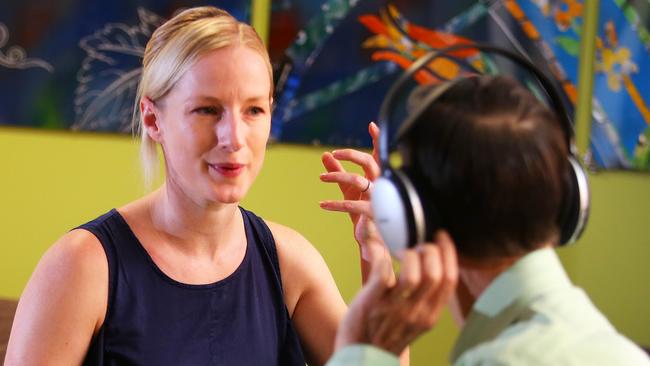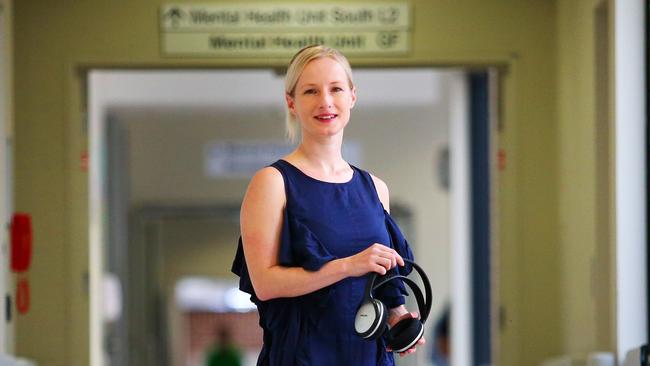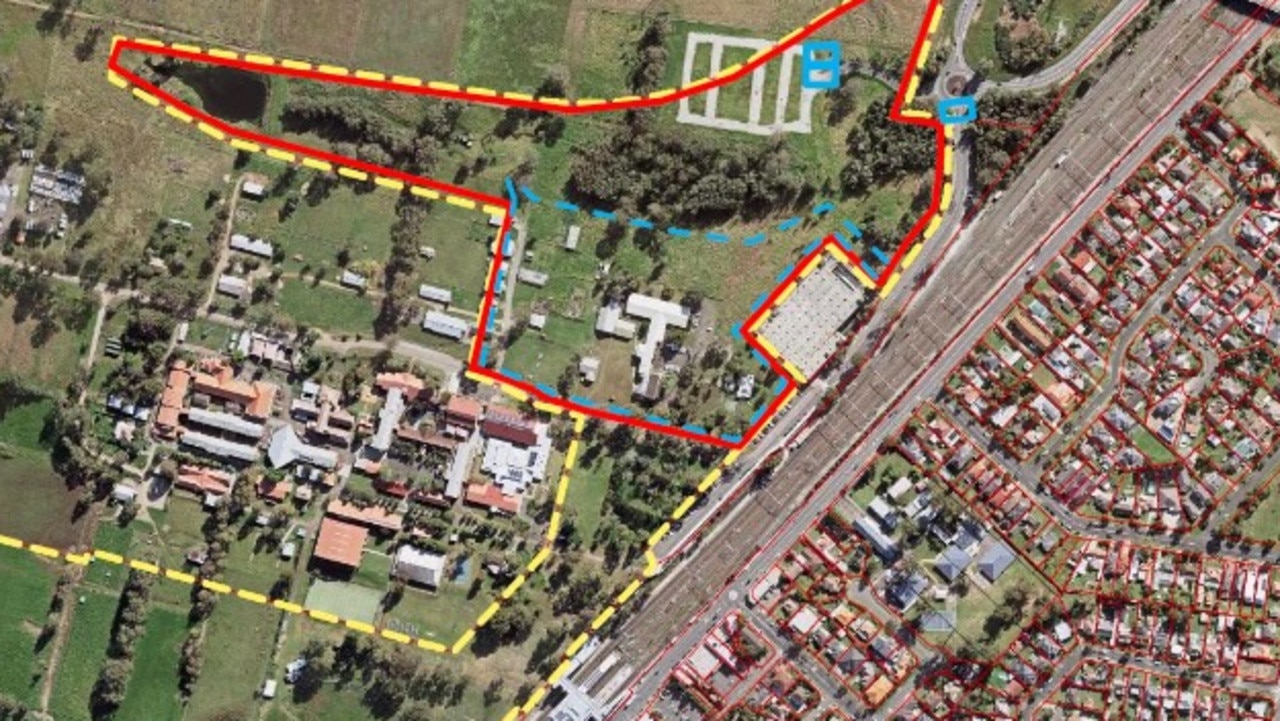Wireless music therapy trial decreases medication in mental health patients
A WIRELESS music therapy trial at Liverpool Hospital is decreasing the amount of medications prescribed to mental health patients who suffer hallucinations and hearing voices.

Liverpool
Don't miss out on the headlines from Liverpool. Followed categories will be added to My News.
- School gets proactive on mental health
- Regular testing can prevent cancer deaths
- Australia’s first ice triage room
A WIRELESS music therapy trial is decreasing medications prescribed to mental health patients.
The Liverpool Hospital’s Hear No Evil project was inspired after a young woman re-experienced a traumatic event through hallucinations. She found listening to soothing music on wireless headphones helped.
Occupational therapist Helen Driscoll said consumers used wireless headphones to decrease duration and severity of their hallucinations.
Music therapy is not new but she said music played over a general PA system doesn’t cancel out background noise.
“So it’s not as effective as listening to music through headphones,” she said.
Headphones with audio wires are not allowed in acute mental health units.
During the trial, five pairs of headphones were introduced to the ward and given to consumers when they were distressed.

Ms Driscoll said hallucinations were directly responsible for profound dysfunction in all aspects of a person’s life.
“The traditional medical approach for controlling hallucinations is the administration of antipsychotic drugs,” she said.
She said this process can take some time to take effect.
“Consumers reported the music helps drown out the voices, takes them to a different mindset, improves their mood and stops them stressing.”
The amount of prescribed medication was monitored 131 days before and after the project.
Results showed an overall decrease in the amount of short term medication prescribed in the ward after the introduction of the headphones.
The most valuable results came from the interviews and individual feedback from those who used the headphones during their stay.
“Helps with psychosis for me, drowns out the voices,” one person said.
“Takes me to a different mindset, improves my mood and stops me stressing,” another said.
The benefits of the study are being studied further by the Therapy and Recovery Service at Liverpool Mental Health.
Captive polar bear in China suffers poor mental health



